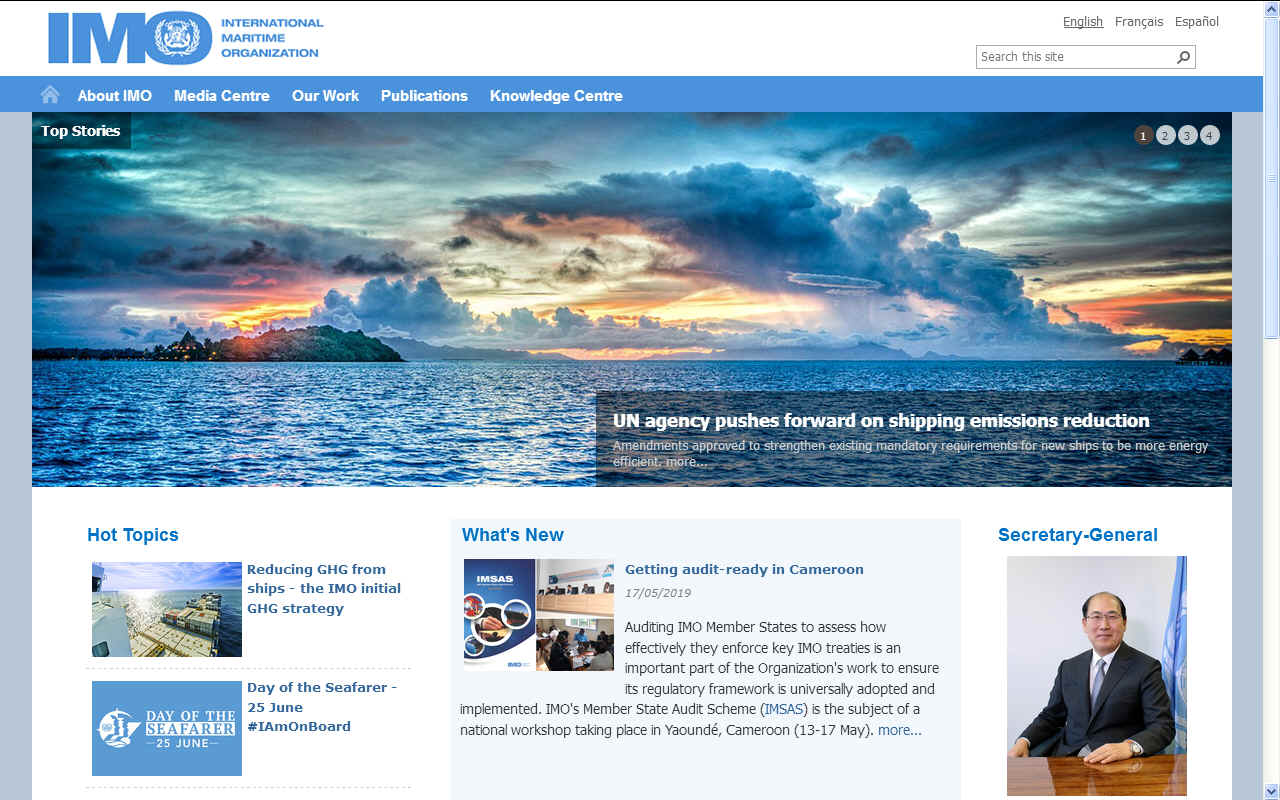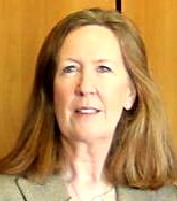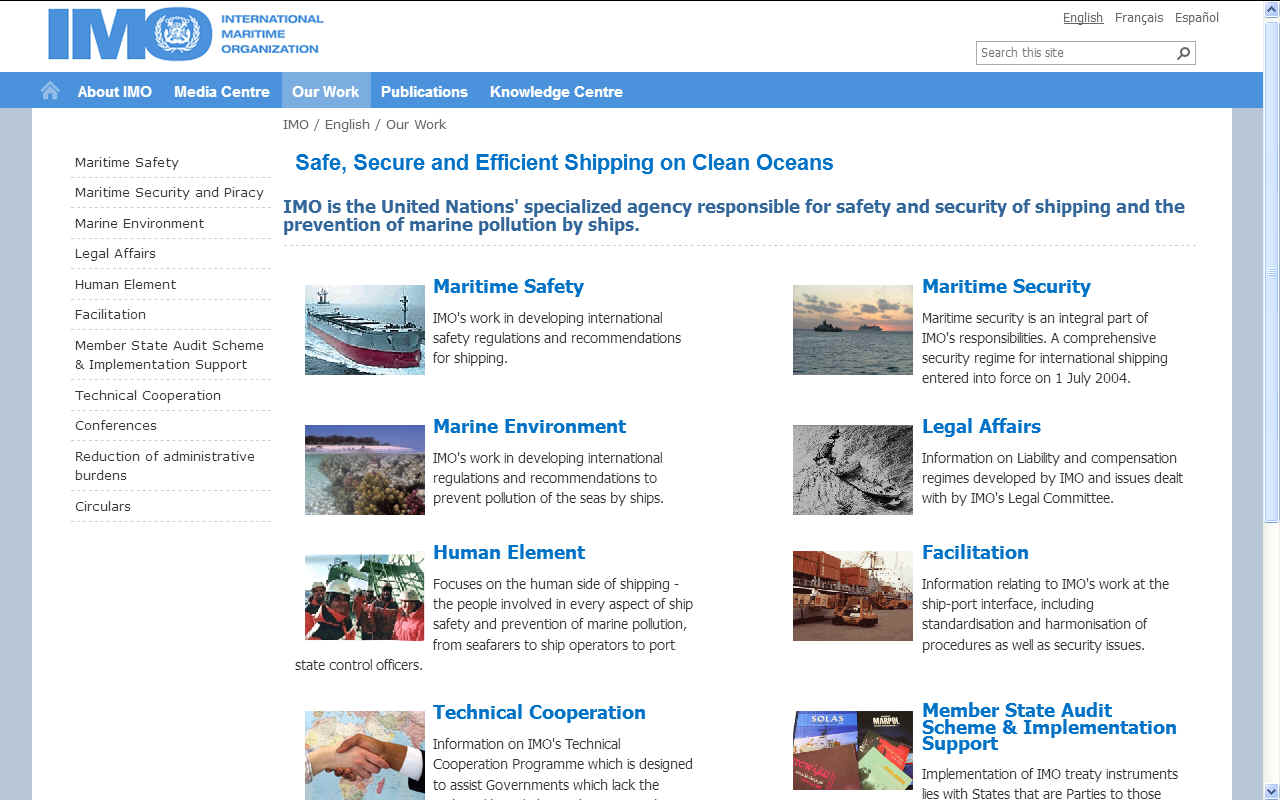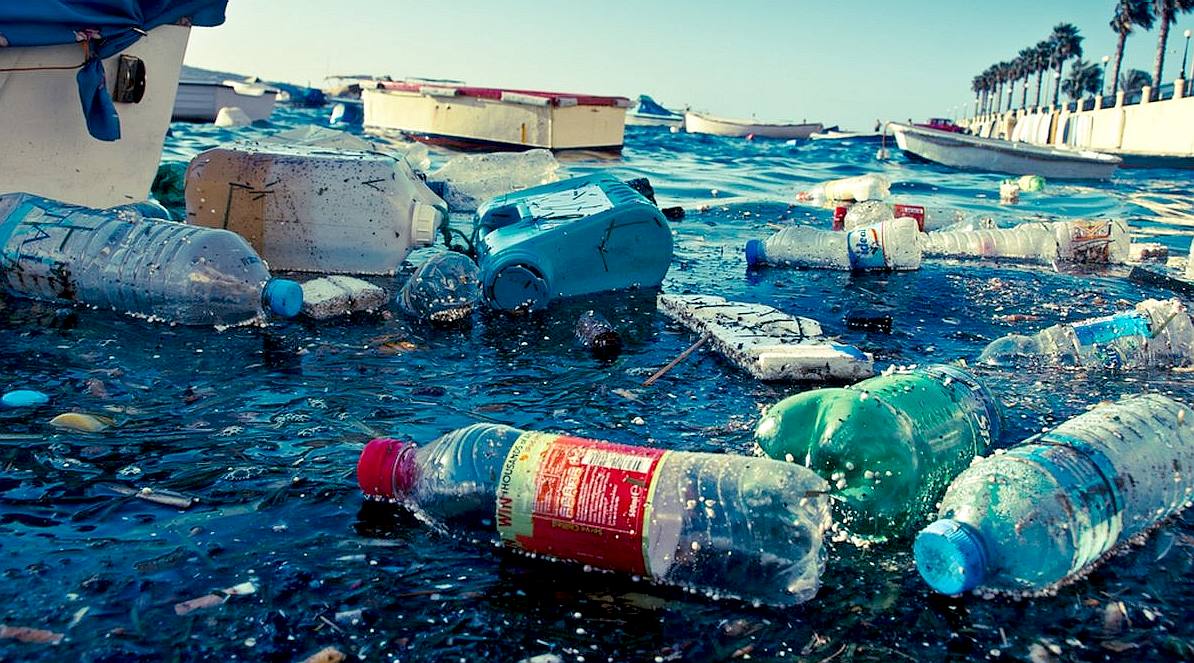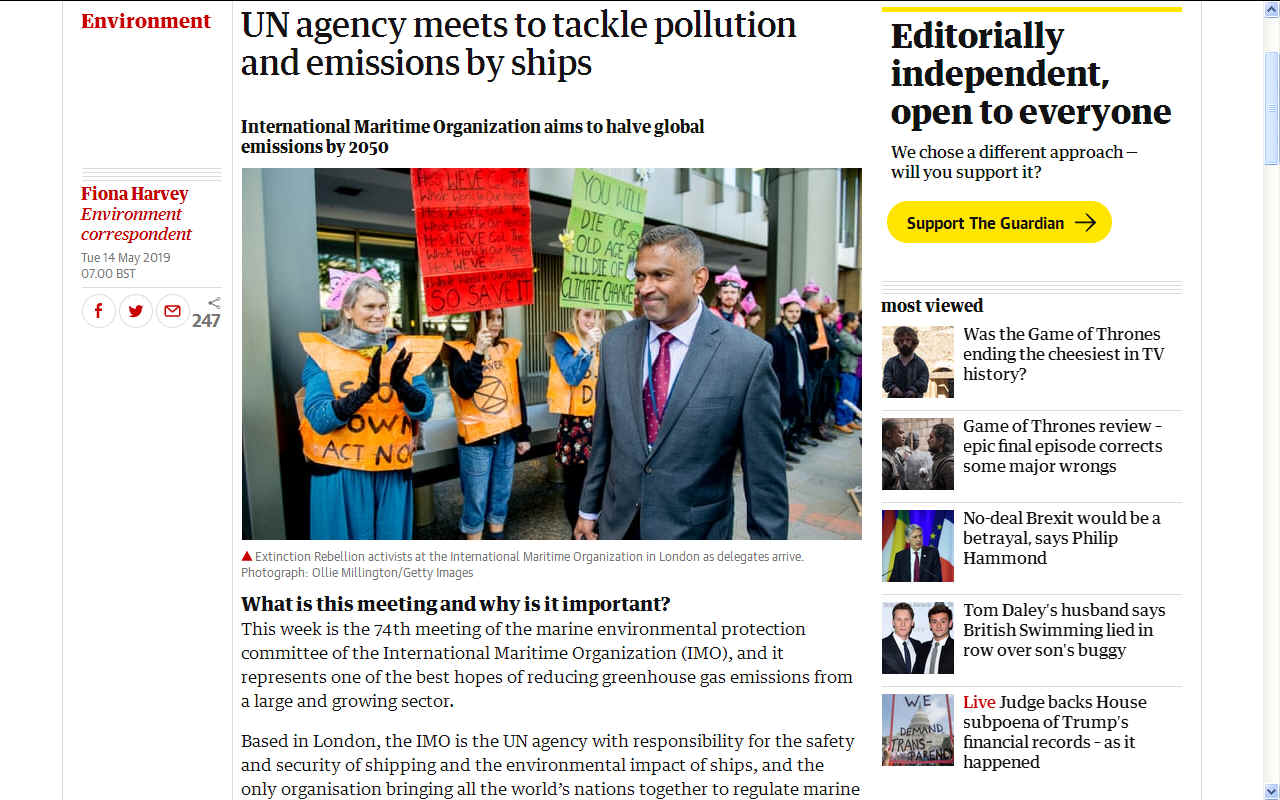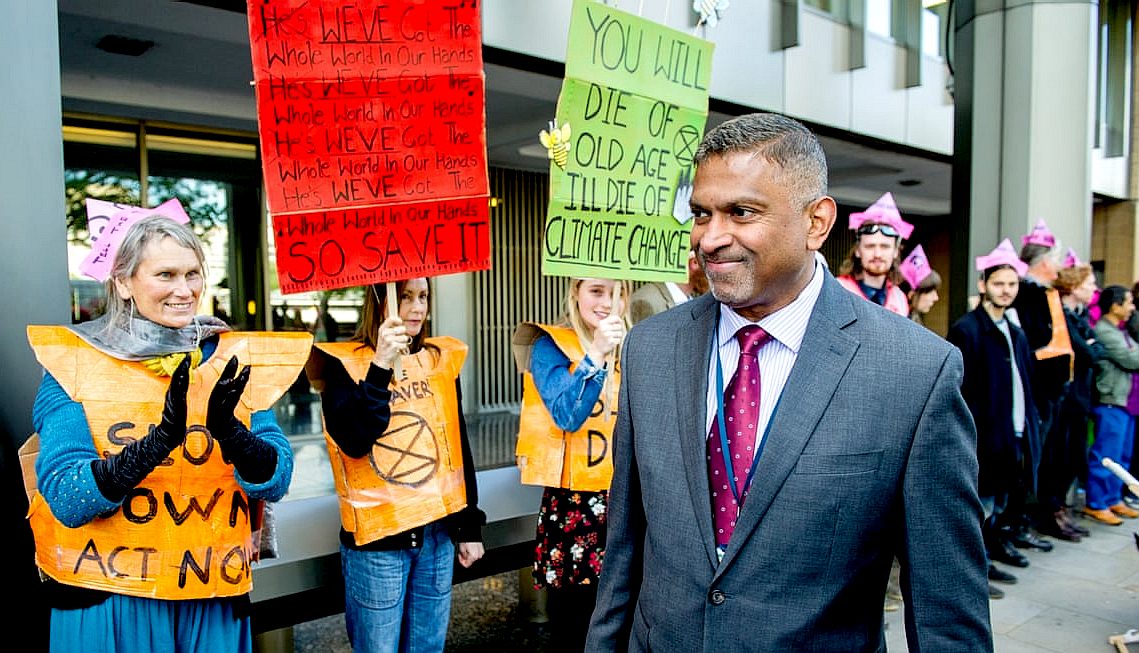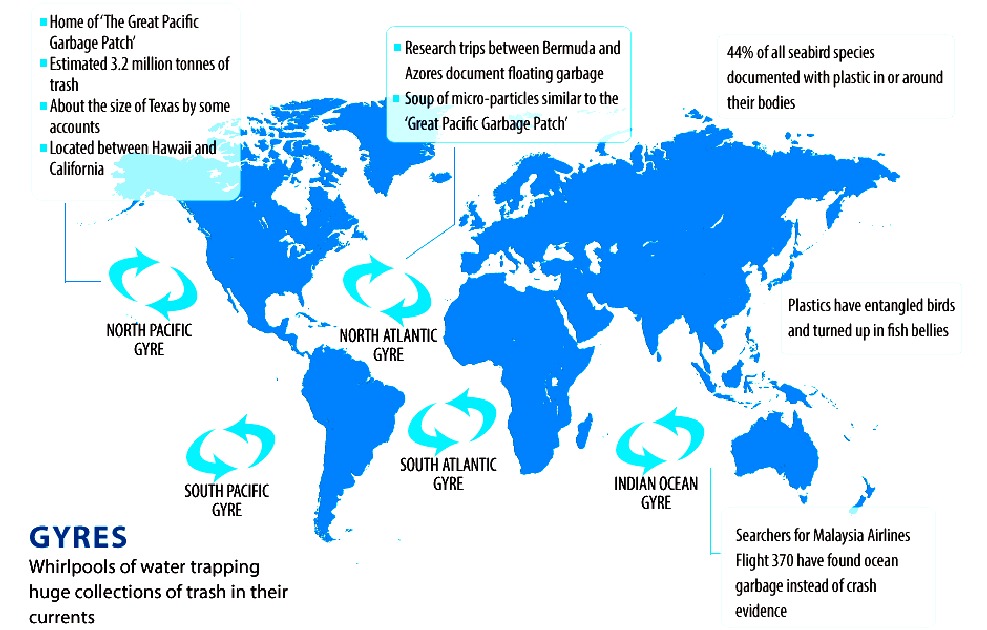|
IMO - INTERNATIONAL MARITIME ORGANIZATION
Please use our A-Z INDEX to navigate this site, where page links may lead to other sites, or go HOME
|
||
|
OCEAN HEALTH - The IMO has been working to limit shipping emissions and dumping at sea for many years, but is only now waking up to the plastic threat, like so many others.
As a specialized agency of the United
Nations the IMO is the global standard-setting authority for the safety, security and environmental performance of international shipping. Its main role is to create a regulatory framework for the shipping industry that is fair and effective, universally adopted and universally implemented.
While all this plastic has been accumulating in our oceans and seas, and the water temperature and levels are rising, with acidification in the mix, what has the IMO been doing about it?
The International Maritime Organization – is the United Nations agency with responsibility for the safety and security of shipping and the prevention of marine and atmospheric pollution by ships. IMO's work supports the UN SDGs, or so they claim.
To date we have seen little on the agenda concerning hybrid propulsion, or autonomous navigation systems, despite the obvious additional safety and route planning advantages.
POLITICAL BLOCKERS - In Britain in 1865, the legislative response to the increasing introduction of self-propelled vehicles on our roads was the Locomotive Act (sometimes known as the Red Flag Act). Amongst a number of provisions, it stipulated that self-propelled vehicles needed to be proceeded with a man walking 60 yards ahead carrying a red flag to warn other road users of the vehicles approach. The objective of powerful stakeholders was to hinder progress to protect their investments in horses, carriages and trains.
The IMO appear to have been doing the same for years, in not acting in good time to prevent ocean pollution, climate change and acid oceans. The present secretary general is Kitack Lim, now voted in for a second year of office - unless something is done to prevent the lack of action in previous years.
MEPC MAY 13-17 74th MARINE ENVIRONMENT PROTECTION COMMITTEE SESSION
Chair: Mr. Hideaki Saito (Japan)
Main agenda items
Highlights of particular interest to media include the following - please scroll down the page to read more:
1. Adoption of amendments to IMO mandatory instruments
MARPOL amendments - Cargo residues and tank washings of persistent floating noxious liquid substances.
MEPC is expected to adopt draft amendments to MARPOL Annex II to strengthen, in specified sea areas, discharge requirements for cargo residues and tank washings containing persistent floating products with a high-viscosity and/or a high melting point that can solidify under certain conditions (e.g. certain vegetable oils and paraffin-like cargoes), following concerns about the environmental impact of permissible discharges.
The draft amendments add new paragraphs to MARPOL Annex II Regulation 13 – Control of discharges of residues of noxious liquid substances, to require prewash and discharge of residue/water mixture generated during the prewash to a reception facility, for specific products, in specified areas (North West European waters, Baltic Sea area, Western European waters and Norwegian Sea).
MARPOL amendments – use of electronic record books
Draft MARPOL Amendments to allow for electronic record books to be used are set to be adopted, for Annex I - Oil Record Book Part I – Machinery space operations and Oil Record Book Part II – Cargo/ballast operations; Annex II - Cargo Record Book; and Annex V - Garbage Record Book; and Annex VI for records relating to Regulation 12 – Ozone-depleting substances, Regulation 13 – Nitrogen oxides (NOx) and Regulation 14 – Sulphur oxides (SOx) and particulate matter
The MEPC is also expected to adopt related Guidelines for the use of electronic record books under MARPOL.
MARPOL amendments - EEDI regulations for ice-strengthened ships
Another draft amendment to MARPOL Annex VI are set to be adopted, relating to the Energy Efficiency Design Index (EEDI) regulations for ice-strengthened ships, replacing the words "cargo ships having ice-breaking capability" with "category A ships as defined in the Polar Code".
IBC Code amendments
The MEPC is expected to adopt a comprehensive set of draft amendments to the International Code for the Construction and Equipment of Ships carrying Dangerous Chemicals in Bulk (IBC Code), including the draft revised chapters 17 (Summary of minimum requirements), 18 (List of products to which the code does not apply), 19 (Index of Products Carried in Bulk) and 21 (Criteria for assigning carriage requirements for products subject to the IBC Code). Consequential draft amendments to the Code for the construction and equipment of ships carrying dangerous chemicals in bulk (BCH Code) are also expected to be adopted.
NOx Technical Code 2008 amendments
The draft amendments relate to the use of Electronic Record Books, and Certification requirements for selective catalytic reduction (SCR) systems.
LACKLUSTER 10 - IMO Senior Management Committee (Left to right) - Mr. Sung-Jin Kim, Head, Internal Oversight and Ethics Office; Mr. Hiroyuki Yamada, Director, Marine Environment Division; Mr. Lawrence Barchue, Assistant Secretary-General/Director, Department for Member State Audit and Implementation Support; Mrs. Linda Ryan, Director, Administrative Division; Mr. Kitack Lim, Secretary-General of the International Maritime Organization; Ms. Heike Deggim, Director, Maritime Safety Division; Mr. Arsenio Dominguez, Chief of Staff; Ms. Ariane Gireud, Acting Director, Conference Division; Mr. Frederick Kenney, Director, Legal Affairs and External Relations Division and Mr. Juvenal Shiundu, Acting Director, Technical Cooperation Division.
2. Reduction of greenhouse gas emissions from ships
IMO Initial GHG Strategy
The MEPC will discuss on how to implement the initial IMO strategy on reduction of GHG emissions from ships, which was adopted in April 2018. The strategy sets out a vision which confirms IMO’s commitment to reducing GHG emissions from international shipping and to phasing them out as soon as possible. Candidate short-, mid- and long-term further measures with possible timelines and their impacts on States are listed. MEPC 73 approved a programme of follow-up actions up to 2023.
Under the identified “levels of ambition”, the initial GHG strategy envisages, in particular, a reduction in carbon intensity of international shipping (to reduce CO2 emissions per transport work, as an average across international shipping, by at least 40% by 2030, pursuing efforts towards 70% by 2050, compared to 2008); and that total annual GHG emissions from international shipping should be reduced by at least 50% by 2050 compared to 2008.
Articles 18 and 19 of the Universal Declaration of Humans Rights, guarantees us freedom of thought and the right to impart information and expressions in any media.
3. Implementation of the sulphur 2020 limit
IMO sulphur limit
The new lower 0.50% limit on sulphur in ships’ fuel oil will be in force from 1 January 2020, under IMO’s MARPOL treaty, with benefits for the environment and human health. The new limit will be applicable globally (in designated emission control areas (ECAs) the sulphur limit will remain at 0.10%).
The 1 January 2020 implementation date was adopted in 2008 and confirmed in 2016. IMO has been working with Member States and the industry to support implementation of the new limit, including the preparation of draft amendments to MARPOL Annex VI to support consistent implementation of the 0.50% sulphur limit and development of guidance and guidelines. MEPC 73 approved Guidance on the development of a ship implementation plan for the consistent implementation of the 0.50% sulphur limit under MARPOL Annex VI (MEPC.1/Circ. 878).
Expected outcomes at MEPC 74
MEPC 74 is expected to approve draft guidelines and guidance documents, developed by the Sub-Committee on Pollution Prevention and Response (PPR 6), including:
* 2019 Guidelines for consistent implementation of the 0.50% sulphur limit under MARPOL Annex VI;
* guidance for port State control on contingency measures for addressing non-compliant fuel oil;
* MEPC Circular on the 2019 Guidelines for on board sampling for the verification of the sulphur content of the fuel oil used on board ships;
* MSC-MEPC circular on Delivery of compliant fuel oil by suppliers, subject to approval by
MSC 101 in June.
Some ships use exhaust gas cleaning systems (EGCS) (“scrubbers”), accepted by their flag States as an alternative means to meet the sulphur limit requirement. The MEPC will consider proposals for a new agenda item, so that the Committee would consider to undertake an environmental impact assessment of discharge water from EGCS and to evaluate and harmonize rules and guidance on the discharge of liquid effluents from EGCS.
TRANSPORT
- IMO measures cover all aspects of international shipping – including ship design, construction, equipment, manning, operation and disposal – to ensure that this vital sector for remains safe, environmentally sound, energy efficient and secure.
4. Marine plastic litter action plan
The MEPC will follow up on the IMO Action Plan to address marine plastic litter from ships adopted at the last session.
The MEPC is expected to, inter alia, develop the terms of reference for a study on marine-plastic litter from ships, based on the work carried out by a correspondence group that had been instructed to identify issues to be considered under an IMO study on marine plastic litter from ships; determine the most appropriate mechanism to undertake the study; and develop a regulatory framework matrix to identify all international regulatory instruments and best practices associated with the issue of marine plastic litter from ships.
5. Ballast water management treaty implementation
The International Convention for the Control and Management of Ships' Ballast Water and Sediments, 2004 (BWM Convention), entered into force in September 2017 and has, to date, been ratified by 81 countries, representing 80.76% of world merchant shipping tonnage. Amendments to the treaty, relating, inter alia, to implementation timelines, were adopted during MEPC 72.
The main focus for the convention now is on its effective and uniform implementation, and on an experience-building phase, with a focus on gathering data on application of the BWM treaty. The MEPC will consider proposals related to ballast water sampling and analysis, including revisions to the Data gathering and analysis plan for the experience-building phase associated with the BWM Convention (BWM.2/Circ.67), to incorporate a link to standard operating procedures.
The MEPC is expected to approve amendments to the BWM Convention and the Code for Approval of Ballast Water Management Systems (BWMS Code), concerning commissioning testing of ballast water management systems as well as amendments to the form of the International Ballast Water Management Certificate.
Also up for consideration are proposals in relation to the application of the BWM Convention to specific ship types, as well as exemptions under the Convention, including possible amendments to the Convention and/or development of guidance.
MEPC 74 will also consider proposals for approval of ballast water management systems that make use of Active Substances.
PROTEST - Extinction Rebellion hold new Titanic-themed protest (Duration: 01:48 13/05/2019). Extinction Rebellion welcomed delegates from around the world at the International Maritime Organization in central London this morning (May 13) with a Titanic-themed protest. An orchestra played music from when the Titanic was sinking as other protesters fumbled with deckchairs and some dressed as waiters offered out wafers. The protesters believe we are heading towards a "climate disaster."
6. Approval of other amendments, guidance and other matters
Amongst other matters, the MEPC is expected to:
* approve draft amendments, for future adoption, to the International Convention for the Control of Harmful Anti-fouling Systems on Ships (AFS Convention), to include controls on the biocide cybutryne.
* approve four circulars containing new or updated guidance relevant to the assessment and carriage of chemicals in bulk, including the draft revised MEPC circular on the Guidelines for the provisional assessment of liquid substances transported in bulk.
* approve the methodology to analyse the impacts of a ban on the use and carriage of heavy fuel oil as fuel in Arctic waters.
* approve the draft Guide on practical implementation of the pollution prevention and response treaties (OPRC Convention and the OPRC-HNS Protocol).
7. Technical cooperation and capacity building activities
In order to implement IMO’s environment-related instruments, technical cooperation and capacity building activities have played a very important role at IMO.
During the MEPC, these TC activities, including several Major Projects, will be introduced and updates will be presented.
A new Global Partnership Project will be announced on Monday 13 May. Please email media@imo.org for details.
The
Guardian reports on the environment as a priority. They give reporting on climate, nature and pollution the prominence it deserves, stories which often go unreported by others in the media. At this pivotal time for our species and our planet,
they are determined to inform readers about threats, consequences and solutions based on scientific facts, not political prejudice or business interests. But
they need your support to grow coverage, to travel to the remote frontlines of change and to cover vital conferences that affect us all.
THE GUARDIAN 14 MAY 2019 - UN AGENCY MEETS TO TACKLE SHIP POLLUTION
International Maritime Organization aims to halve global emissions by 2050
What will be discussed at the meeting?
What is the likely outcome?
Is that good enough?
The Environmental Defense Fund wants to see
zero-emissions ships on the water as soon as possible.
Extinction Rebellion has a very specific demand: to reduce the speed of ships by 10%, which would result in a carbon saving of 30% on current levels.
We have known about emissions from shipping for years.
What progress has been made up to now?
The advent of autonomous shipping, and the possibility of solar and wind powered ships coming into the frame, makes it all the more important for the IMO to revisit their anti collision regulations such that robotic, unmanned course keeping, that reduces energy per transit, and so makes solar powered electric ships viable, is recognised and catered for. These are the 1972 COLREGs:
Part A - General (Rules 1-3) & Part B- Steering and Sailing Section 1 - Conduct of vessels in any condition of visibility (Rules 4-10)
Rule 1 states that the rules apply to all vessels
on the high seas and connected waters.
Rule 7
risk assumptions shall not be made on scanty (radar) information.
Sections II & III Conduct of Vessels in Sight of one another
Part C - LIGHTS & SHAPES (Rules 20-31) Part D - SOUND AND LIGHT SIGNALS - DEFINITIONS (Rules 32-37) Part E - EXEMPTIONS - Rule 38 Part F - Convention compliance verification provisions Rules 39 - 41
Annex I - Positioning and technical details of lights and shapes
Annex II - Additional signals for fishing vessels fishing in close proximity
BUILD UP - Plastic has accumulated in five ocean hot spots called gyres, see here in this world map derived from information published by 5 Gyres.
LINKS & REFERENCE
http://www.imo.org/en/MediaCentre/PressBriefings/Pages/08-green-voyage-2050.aspx https://www.theguardian.com/environment/2019/may/14/un-agency-meets-to-tackle-pollution-and-emissions-by-ships
|
||
|
This website is provided on a free basis as a public information service. copyright © Cleaner Oceans Foundation Ltd (COFL) (Company No: 4674774) 2021. Solar Studios, BN271RF, United Kingdom. COFL is a company without share capital.
|
